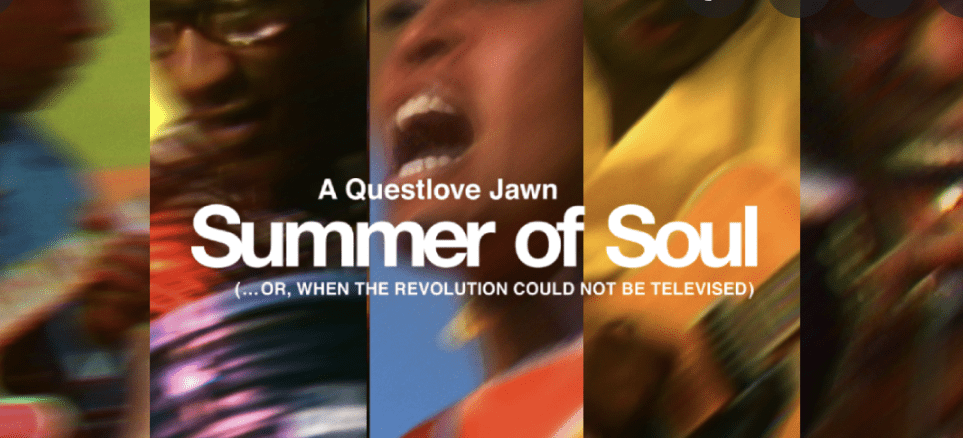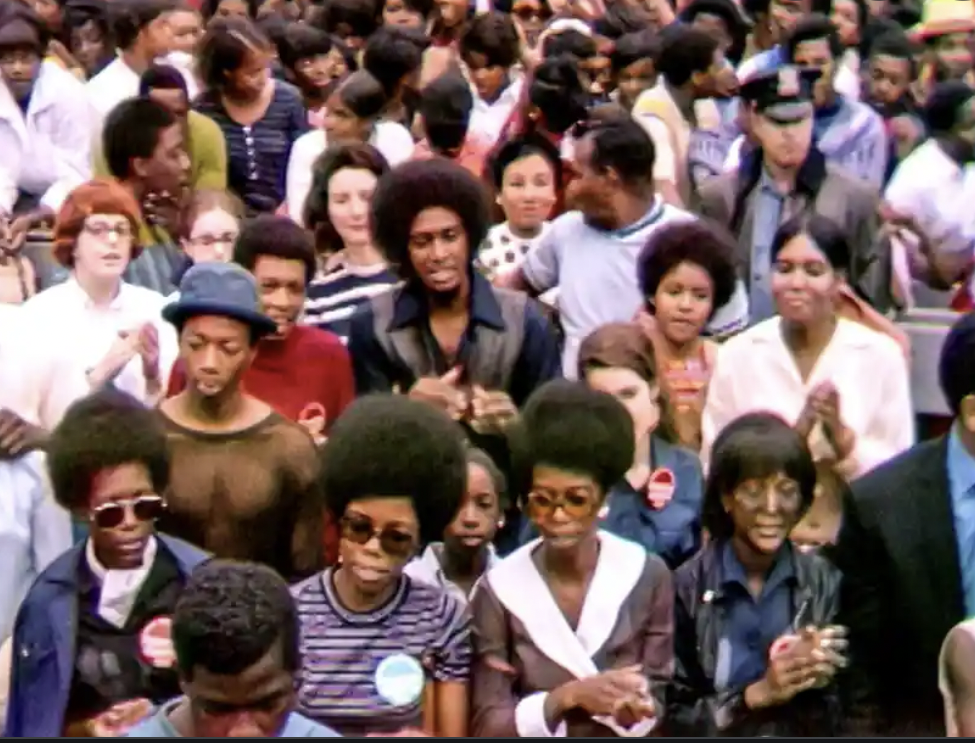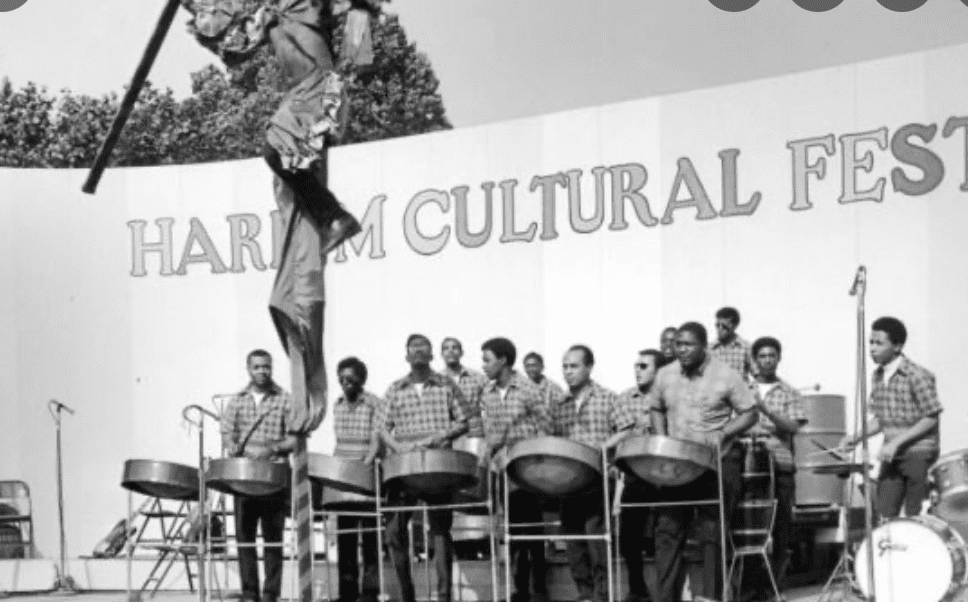
Summer of Soul Notes and Reflection
By: Lundyn Ross
Harlem Cultural Festival
Performances and Influencers
The 1969 Harlem Cultural Festival was centrally an unprecedented concert with a purpose. During The Harlem Music Festival, a multitude of individuals and performers described the day as being quite humid and hot but overall there was a sense of pride and admiration for Blackness. The fact that these people and performers were able to have an open to the public and completely free event was incredible alone. The Harlem Music Festival was produced by Tony Lawrence in Mount Morris Park. The event occurred in the midst of intensified racial emission, and the Festival desired to “bring Black folks together” in order to normalize feelings of unity. Expectedly, the festival was denied to have security however, The Black Panthers even made an appearance at the festival in order to volunteer their protective services. Woefully, the Harlem Music Festival would go unmentioned for almost five decades.
There were many amazing performances at the Harlem Music Festival. Such as…
- Stevie Wonder
- Evelyn Hawkins – “Oh Happy Day”, “Help Me Jesus”
- Charlie Watkins
- Mongo Santamaria -“Watermelon Man”
- Max Roach and Abbey Lincoln- “It’s Time” and “Africa”
- Gladys Knight and the Pips
- The Chambers Brothers
- David Ruffin who sang “My Girl”
- The 5th Dimension
- B.B. King
- Nina Simone performed Young, Gifted, and Black, and Are You Ready which, and more
Significance of Festival
The Unmentioned Festival
Nearly 300,000 individuals attended the festival and the attendants were almost all Black. While the event was occurring, people of color began to publicly show racial pride which is displayed through the tempering of language. Black men and women went from “Negro” to unapologetically Black.This festival was deliberately impactful because to authorized a noticeable sense of pride and oneness amongst the Black Community in the area. Overall, it helped to change some of the negative perceptions attached to black people in Harlem.
Another large music festival that took place at the same time as the Harlem Music Festival was Woodstock. Since the talents and attendants were mostly white, pretty expectedly but still unfortunately, the news coverage and attention placed on this festival effectively took away the the Harlem Music Festival attention. During this era, Harlem was also facing a crack epidemic and the United States made significant advances with space travel and more. It wasn’t until the publication and traction of the documentary “Summer of Soul” that the world was able to view this important culture-shifting festival. Regardless of its impact to the Black community and the community of Harlem, this festival was looked over for about half a century.



